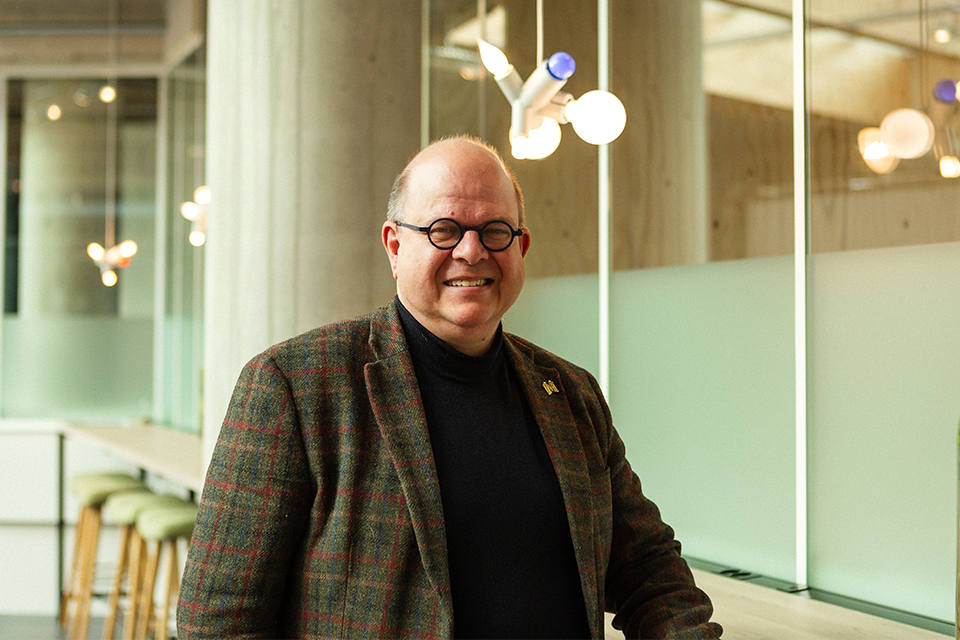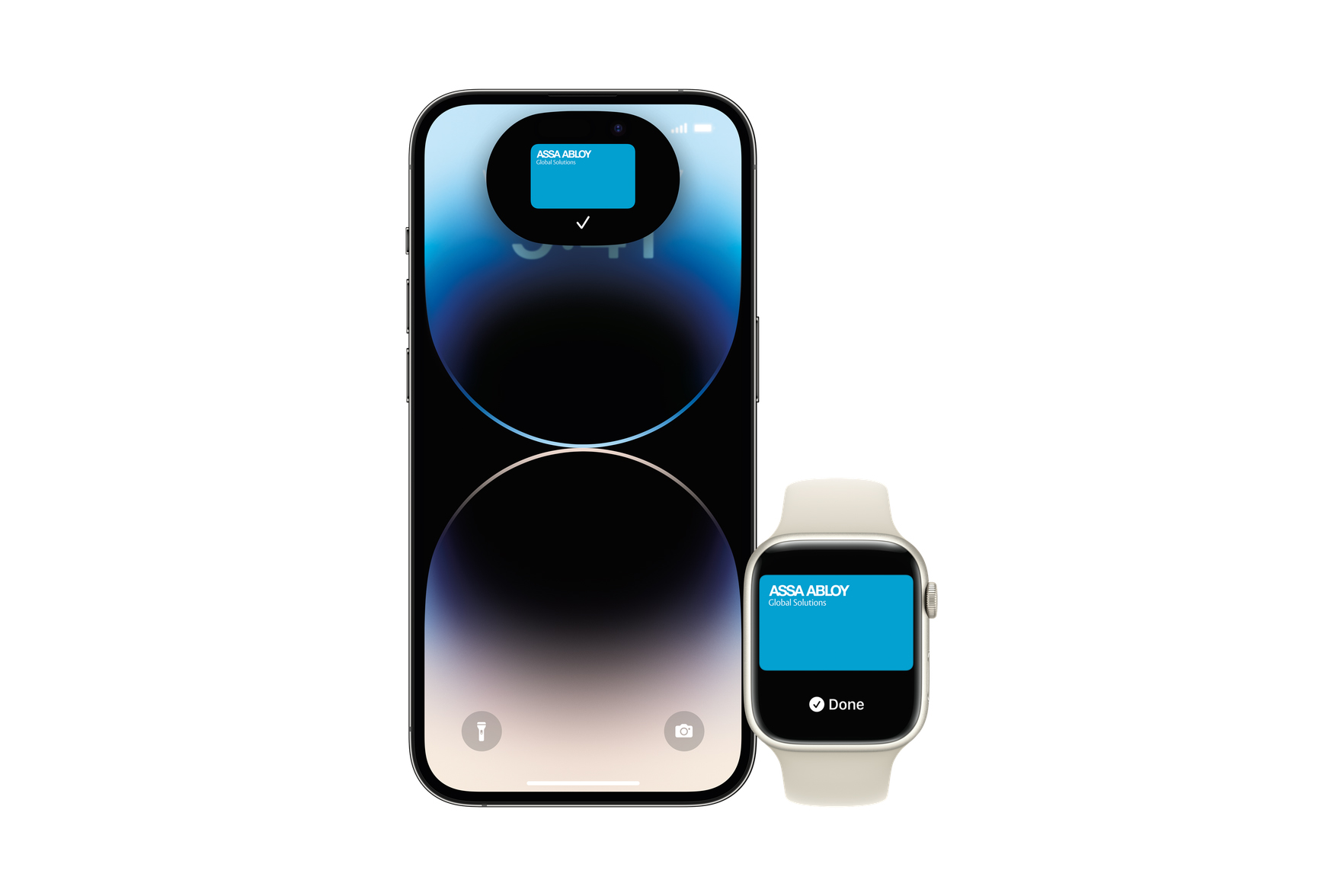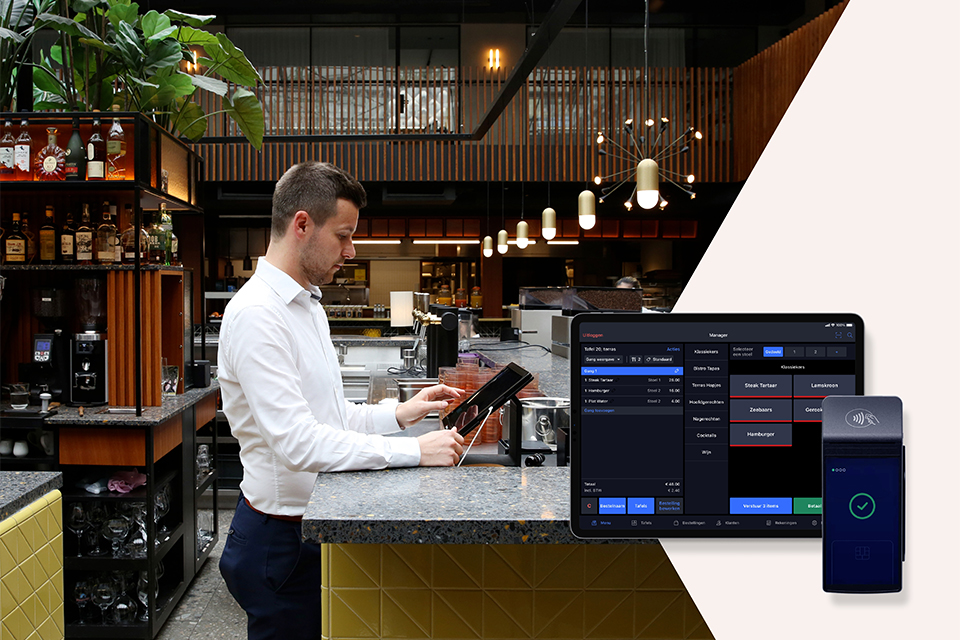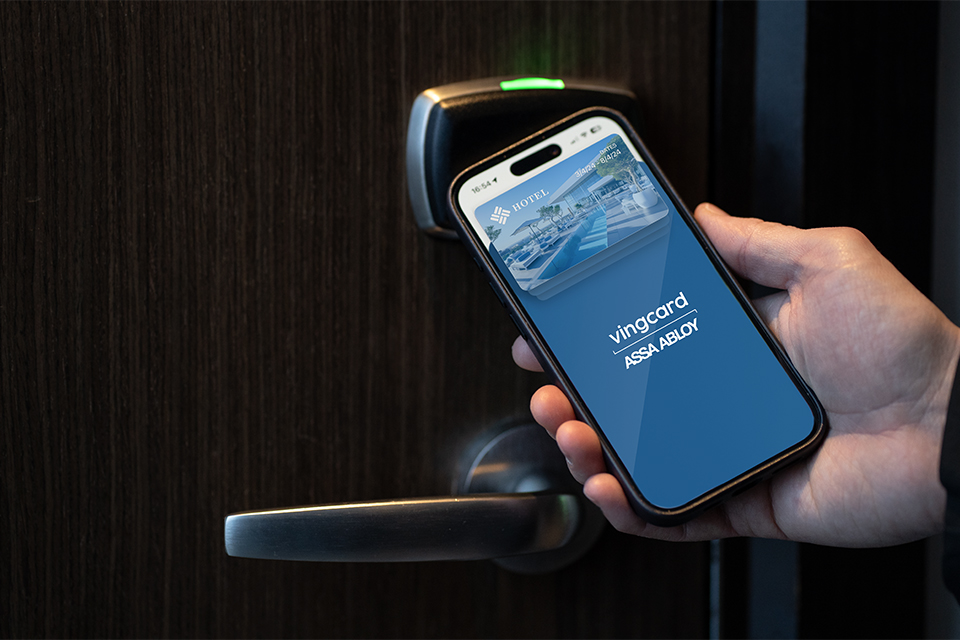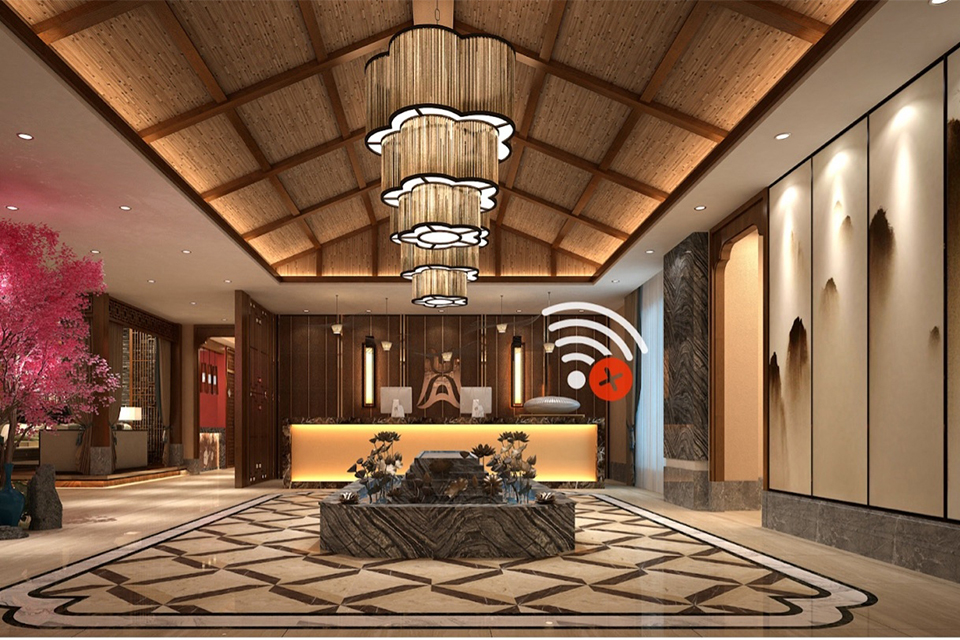
How do you make sure hotel Wi-Fi is and stays secure?
Evil-twin networks in hotels
It is very easy for hackers to set up fake Wi-Fi networks that look identical to your own. That way, your guests are tricked into handing over sensitive data such as credit card information and personal logins. But fortunately, there is a solution.
Guests rely on your hotel's Wi-Fi network. But what if the network they connect to is not real?
Evil Twin attacks are becoming increasingly common, and hotels are a popular target. Hackers can easily set up a Wi-Fi network that closely resembles the hotel's official network. As a result, guests unknowingly give away sensitive information, such as credit card details and login codes. For hotels, this is not just a technical problem, but mainly a trust issue. One faulty connection can cost more than just data; it can lead to reputational damage, negative reviews and, of course, financial losses.
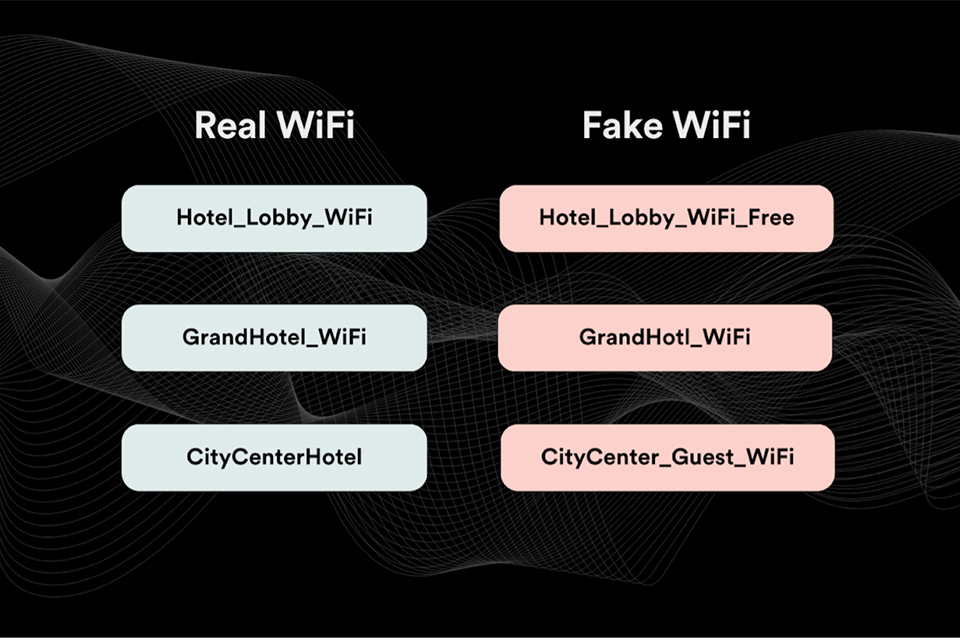
How does an Evil Twin attack work?
The attack starts with a hacker setting up a new Wi-Fi network that looks almost identical to the official hotel network. By using the same or almost identical name, such as "Hotel_Lobby_WiFi" versus "Hotel_Lobby_WiFi_Free," the network appears legitimate, causing many guests not to notice the difference. This network is strategically placed in busy locations such as the lobby so that it has the strongest signal and thus appears more attractive to users.
Hackers often use techniques to make their 'Evil Twin' more attractive, such as bypassing password protections or offering quick access without a login screen. To guests, this ease of use often seems positive, whereas it should be a warning sign.
What do data interception and the hidden threat mean?
Once guests connect to the deceptive network, hackers have the ability to intercept various types of data. This includes personal login details, e-mails and even sensitive financial information.
What makes this attack even more dangerous is that victims often do not realise immediately that they have been hacked. The network remains active in the background, continuously collecting data from each new user who connects. This allows hackers to maintain access to hotel guests' data for a long period of time, without anyone noticing the attack. It can take weeks or even months for guests to discover that their data has been misused, and by then it is often impossible to find out exactly where the breach took place.
This hidden, persistent threat makes Evil Twin attacks particularly harmful. Unlike other attacks, where victims quickly notice something is wrong, an Evil Twin attack often goes undetected for a long time. This means that the Wi-Fi network continues to function and collect data, so the threat remains continuous.
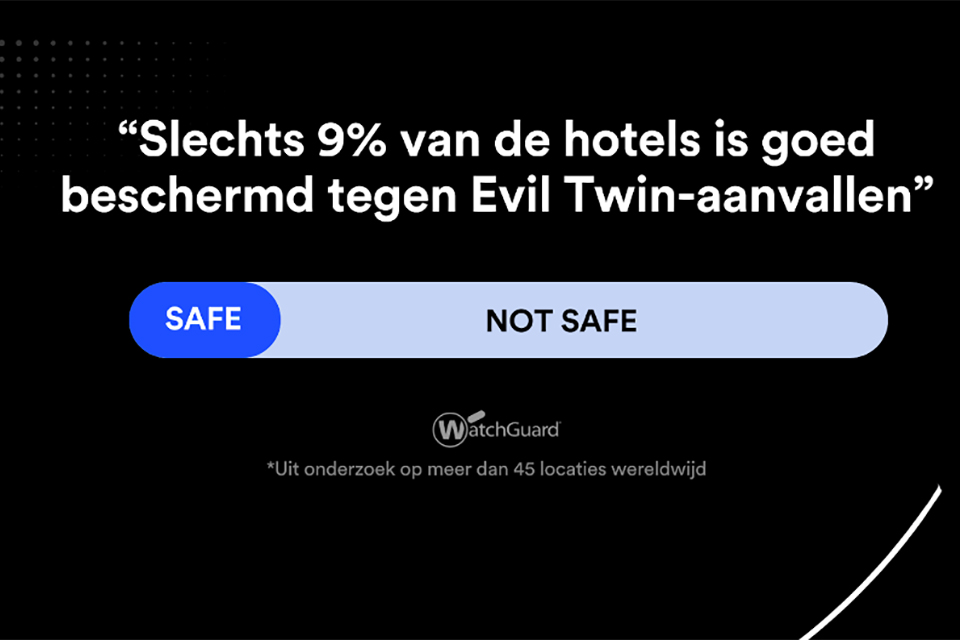
How do you protect your hotel from Evil Twin attacks?
The guest experience is about more than comfort; security is becoming increasingly important. Protecting your hotel from Evil Twin attacks starts with using the right tools. Network monitoring tools can detect suspicious networks and alert as soon as a deceptive network is spotted. In addition, network segmentation - separating guest Wi-Fi from staff Wi-Fi and other critical systems - can help reduce the impact of an attack.
Educating guests is also essential: by clearly indicating at reception and in rooms which Wi-Fi network is official, you help guests make safe choices and prevent them from accidentally connecting to a corrupted network.
Sbit Hospitality ICT Services offers hotels an integrated approach to ensure the security of the entire hotel. We help you create a secure environment for both guests and employees.
